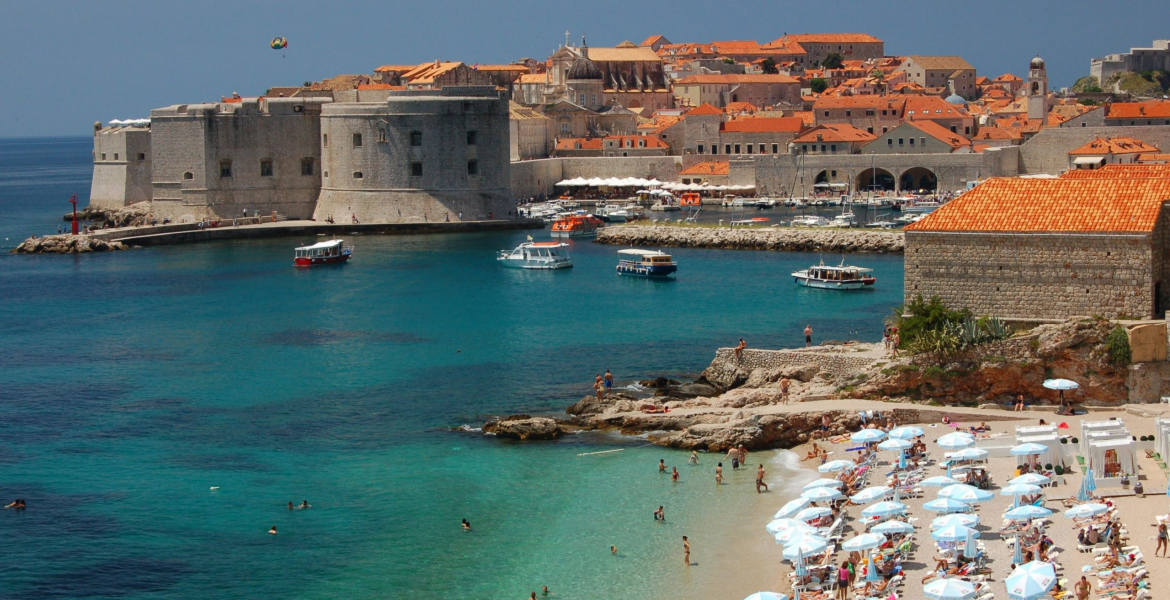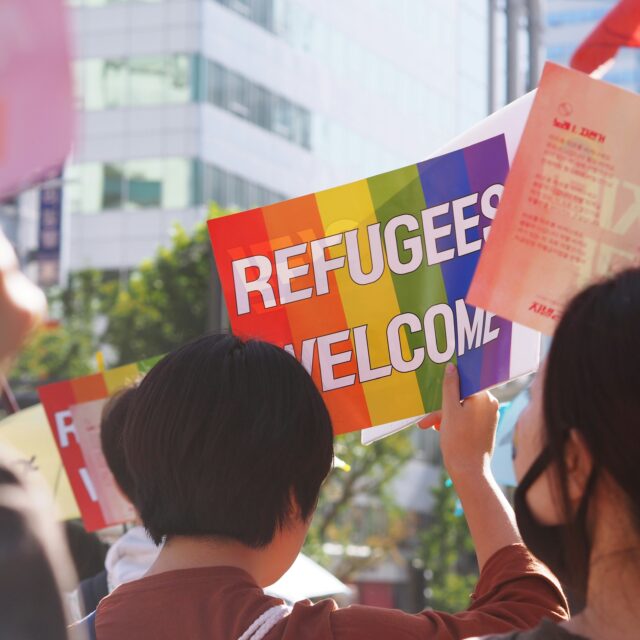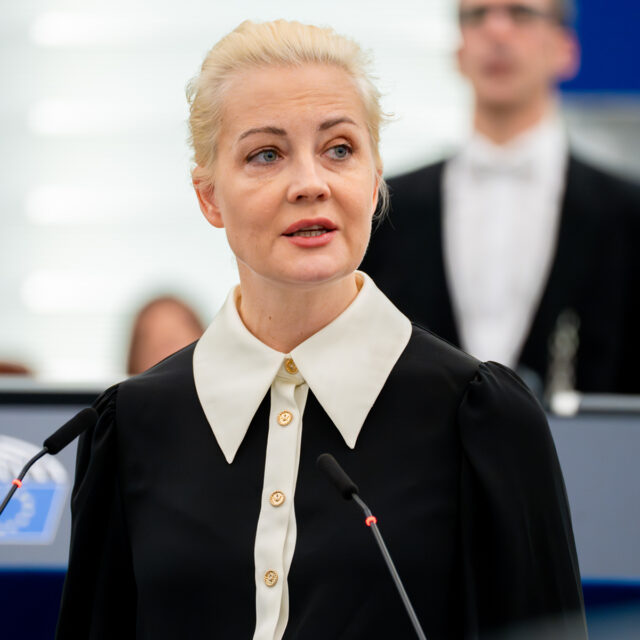The Commission says it is supporting Member States as they deal with the impact of the coronavirus on the tourism sector.
At a videoconference on Monday, EU Ministers discussed the implications of the coronavirus outbreak on the tourism industry – which accounts for 10% of EU GDP – and the recovery strategy for the tourism sector, which is one of the most damaged in the economy by the crisis with no end in sight to the lockdown.
The Commission presented the measures already taken to support the sector as well as the planning for a common EU response for the recovery of the tourism ecosystem.
In this regard, the Commission will be proposing measures to further help the sector, ahead of the summer season.
Among these measures, the Commission is considering protocols which should guide safe operation of tourism facilities across the EU. Thierry Breton, Commissioner for Internal Market, stated: “We will need unprecedented funds to overcome this crisis.”
“There is a need for a powerful EU budget, to jumpstart the path towards European recovery and a stronger and more resilient Union. We will need fast action, pragmatism and creativity to recover and build a resilient and sustainable tourism industry. But above all, this crisis calls for solidarity. No country can overcome this crisis alone.”
EU Ministers expressed broad support for additional measures and enhanced coordination at EU level.
Ministers invited the Commission to work as a matter of priority towards a common EU approach which facilitates liquidity and maintains a fair balance of interests between tour operators and consumers.
On Tuesday, the Commission has published guidance to ensure that clinical trials can continue taking place in the EU during the coronavirus pandemic. The aim is to mitigate the disruption of clinical research in Europe and therefore the negative effects of the pandemic, without compromising on quality and safety. Key recommendations of the guidance cover the distribution of medicines to patients in clinical trials, remote verification of raw data, and communication to authorities.

Commissioner Stella Kyriakides, in charge of Health and Food Safety, said: “We are in the midst of the worst pandemic in recent memory and it is absolutely crucial that we show flexibility in our rules to maintain research on critical treatments, including chronic and rare diseases, through clinical trials. Developing and deploying effective diagnostics, treatments and a vaccine will also undoubtedly be the most important breakthrough to stop the coronavirus.”
“On 4 May, our international pledging conference will kick-start global cooperation and support for this work, with the aim to raise €7.5 billion in funding to the benefit of the global community. “
“Together in solidarity, we will prevail.” This guidance remains an important part of the overall strategy in finding treatments and a vaccine to protect citizens against coronavirus.”




